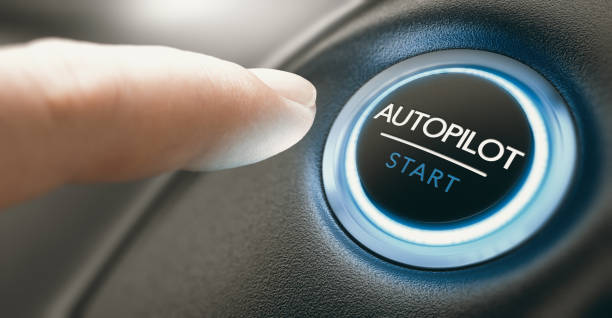Another Moment in London
London makes me think. Not just about logistics or life goals. But about the impossible.

Hey you, did you miss me? Yes, you! Because I did miss you too.
The past few months have felt like a blur—like I was a passenger in my own life. Not in a bad way, but in a way that made me question what it means to be on auto-pilot. You know the feeling: when life moves forward, plans fall into place, and all you have to do is follow the trajectory you’ve already set. It’s a strange kind of cruise control, both liberating and limiting.
But here’s the thing about auto-pilot: you don’t always realize you’re on it until you try to take back the controls.
Plans are powerful. They give direction, focus, and a sense of purpose. Looking back at the last few months, I’ve realized that most of what unfolded was set in motion 2–3 years ago. That’s the beauty of systems and processes—they allow you to sow seeds that, with patience and diligence, bear fruit over time.
Take my year, for example. Back in May, I decided to relocate from Lisbon to the UK. While that decision seemed sudden, the groundwork had been laid years earlier. My focus during those early days was on building credibility, demonstrating value, and creating opportunities that would open doors when the time was right.
From June to October, I lived by a meticulously crafted career plan. I defended my thesis in Information Management, secured a transfer to my company’s UK office, obtained a Tier 1 UK immigration status, and booked a one-way ticket from Portugal to Nigeria and then to the UK. These weren’t just spur-of-the-moment actions—they were the culmination of years of preparation.
It was exhilarating to see everything fall into place. The systems I’d built, the habits I’d cultivated, and the work I’d put in had created a momentum that carried me forward. But then came November.
November was different. Suddenly, I wasn’t in control. Life threw curveballs, and for the first time in years, I didn’t have a clear plan. At first, it was unsettling. How do you navigate when you’re no longer steering?
The thing about auto-pilot is that it’s not inherently bad—it just is. It’s a mode you slip into when the trajectory has been set, and all you can do is ride it out. For me, that meant letting go of routines that had defined me: my reading goals, fitness habits, and active involvement in communities. It felt alien.
But here’s the catch: auto-pilot works only if the path you’re on aligns with a larger vision. If your direction is clear, even when you’re not actively steering, you’re still moving forward. If not, you risk drifting aimlessly.
At first, I fought it. I wanted control, strategy, action. But over time, with the counsel of mentors and friends, I learned to surrender. To let go of the need to micromanage every detail and trust the process. And in that surrender, I found peace. Glory be to God!
There’s an old saying: “Sometimes, you have to lose sight of the shore to discover new horizons.” That’s what these months felt like—a departure from the shore of certainty into the open sea of the unknown.
In this space, I learned to appreciate the present. I spent time with family and friends, something I hadn’t prioritized in years. I stopped chasing the next goal and started living in the moment. And though I wasn’t actively building or strategizing, I realized that this pause was its own kind of progress.
But auto-pilot isn’t meant to last forever. Eventually, there comes a time when you have to wake up, take the controls, and start steering again. For me, that moment came recently.
Now, as 2025 unfolds, I feel the shift. I’ve begun to re-engage with my goals, my vision, and my purpose. With a clear two-year and five-year plan, I’m thinking critically, strategically, and long-term again.
Over the next two years, my focus is on growth, contribution and impact—exploring new areas like AI, open-source projects, startups, and nonprofit work. Beyond that, my five-year vision is centered on building something lasting, something that contributes meaningfully to the world—sounds cliche, but I don’t think it is. It’s something, I now understand how to do.
Leaving auto-pilot doesn’t mean abandoning the systems and processes that got me here. It means refining them, building on them, and using them as a foundation for the next chapter.
Because here’s the thing: life isn’t about always being in control. Sometimes, the best thing you can do is let go and trust that the foundation you’ve built will carry you forward.
But eventually, the moment will come to re-engage, to steer toward new horizons, and to embrace the next chapter with purpose and intention.
To 2025 and beyond—here’s to the journey, both planned and unplanned.
And in all of this, I can’t ignore the amazing grace of God. When I look closely at my life, it’s clear that He’s been in control all along. His grace has carried me, guided me, and made all of this possible.
Oh, and one last thing: did you miss me? Because I sure missed you.